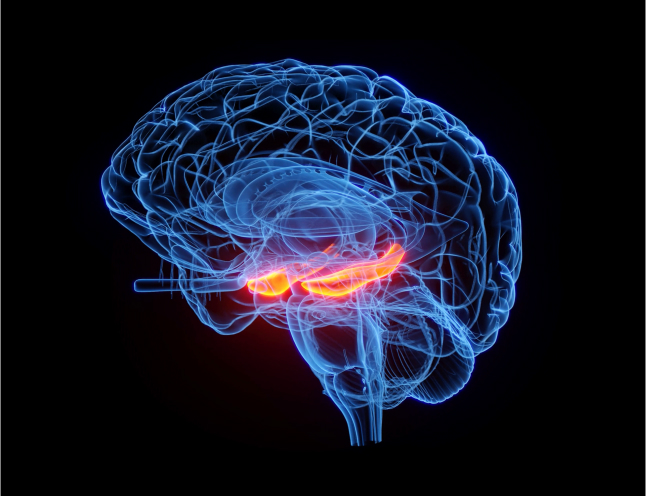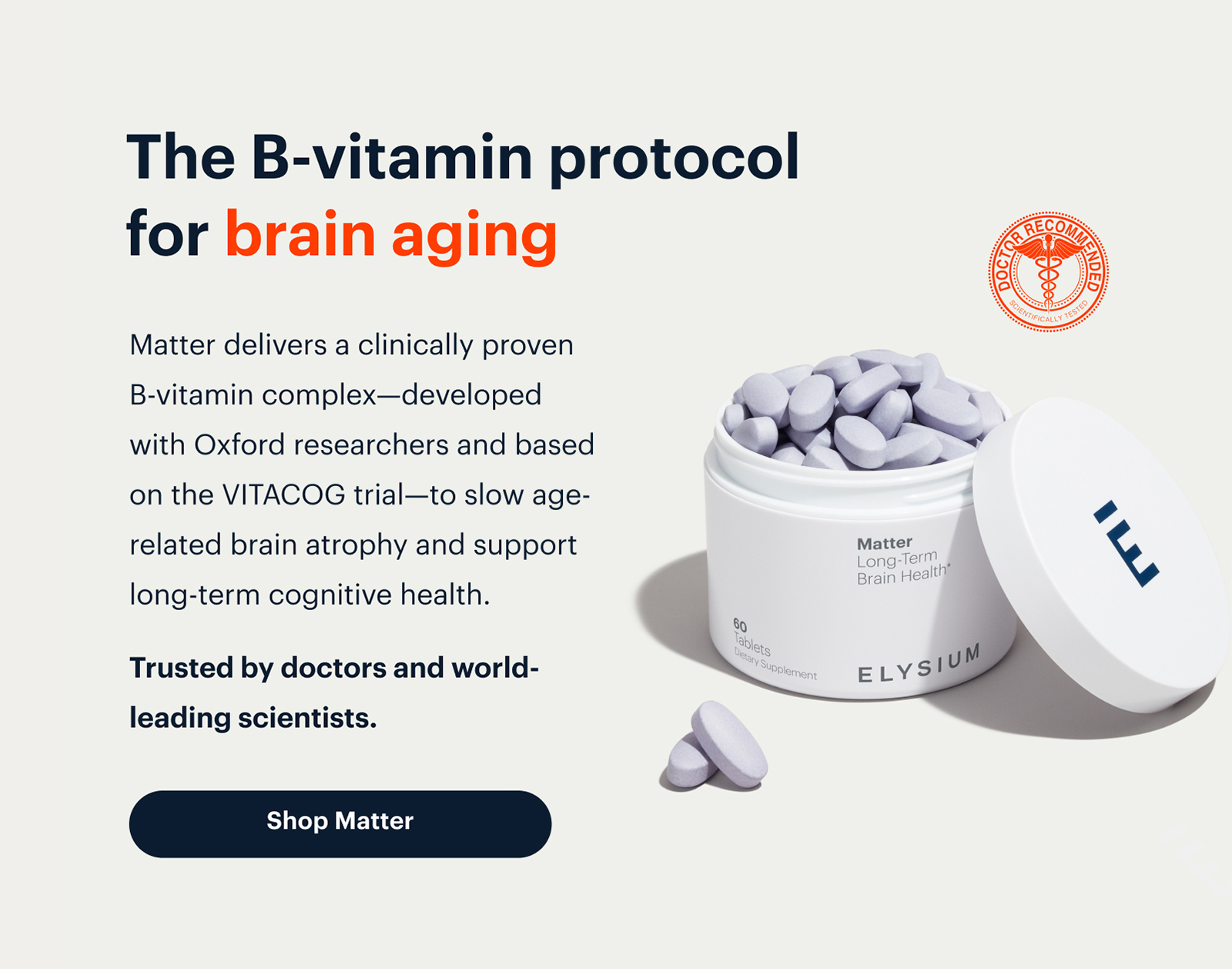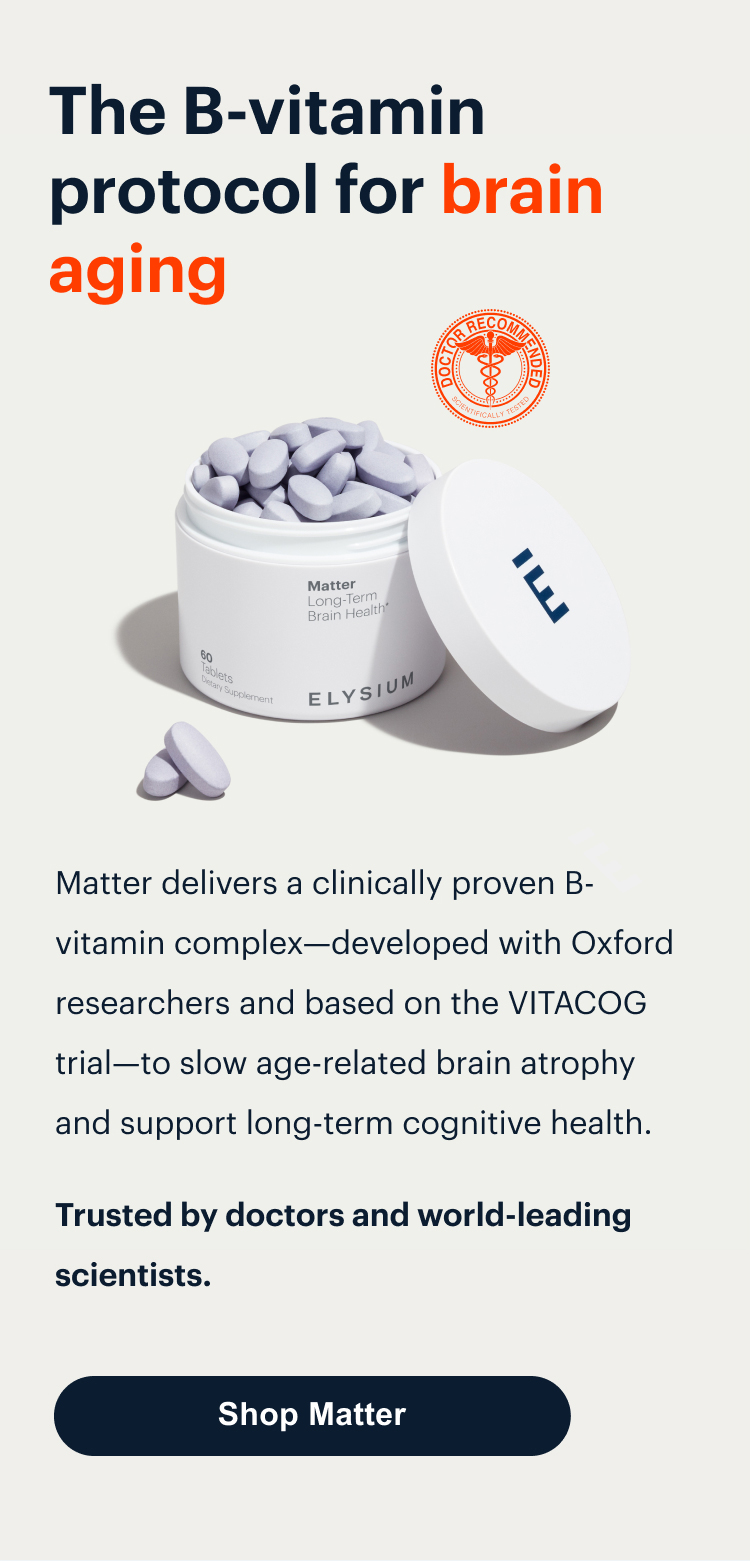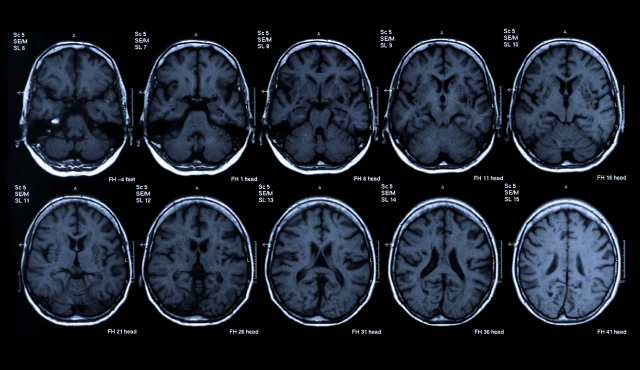| Thanks for reading The Abstract. This month’s edition is
1,021 words, about a
4-minute read.
|
Is there a topic that you’d like to see more of in
The Abstract? Drop us a line at
abstract@elysiumhealth.com. Want to get
The Abstract in your inbox? Sign up
here.
|
|
|

|
|
|
|
Welcome to the August edition of
The Abstract. This month, we spotlight two new important studies about the role of specific B vitamins (found in
Matter) in preventing brain atrophy and promoting healthy brain aging. Our expert commentary comes from A. David Smith, MA, DPhil, FMedSci, Professor Emeritus of Pharmacology at the University of Oxford and Elysium Scientific Advisory Board member, who led the landmark VITACOG trial that established the role of B vitamins in brain aging. Also inside: psilocybin shows signs of slowing cellular aging, global data confirm diet—not inactivity—drives obesity in wealthier nations, and eggs get a cleaner heart-health report than bacon.
|
|
|
|
Missing B12, missing memory
|
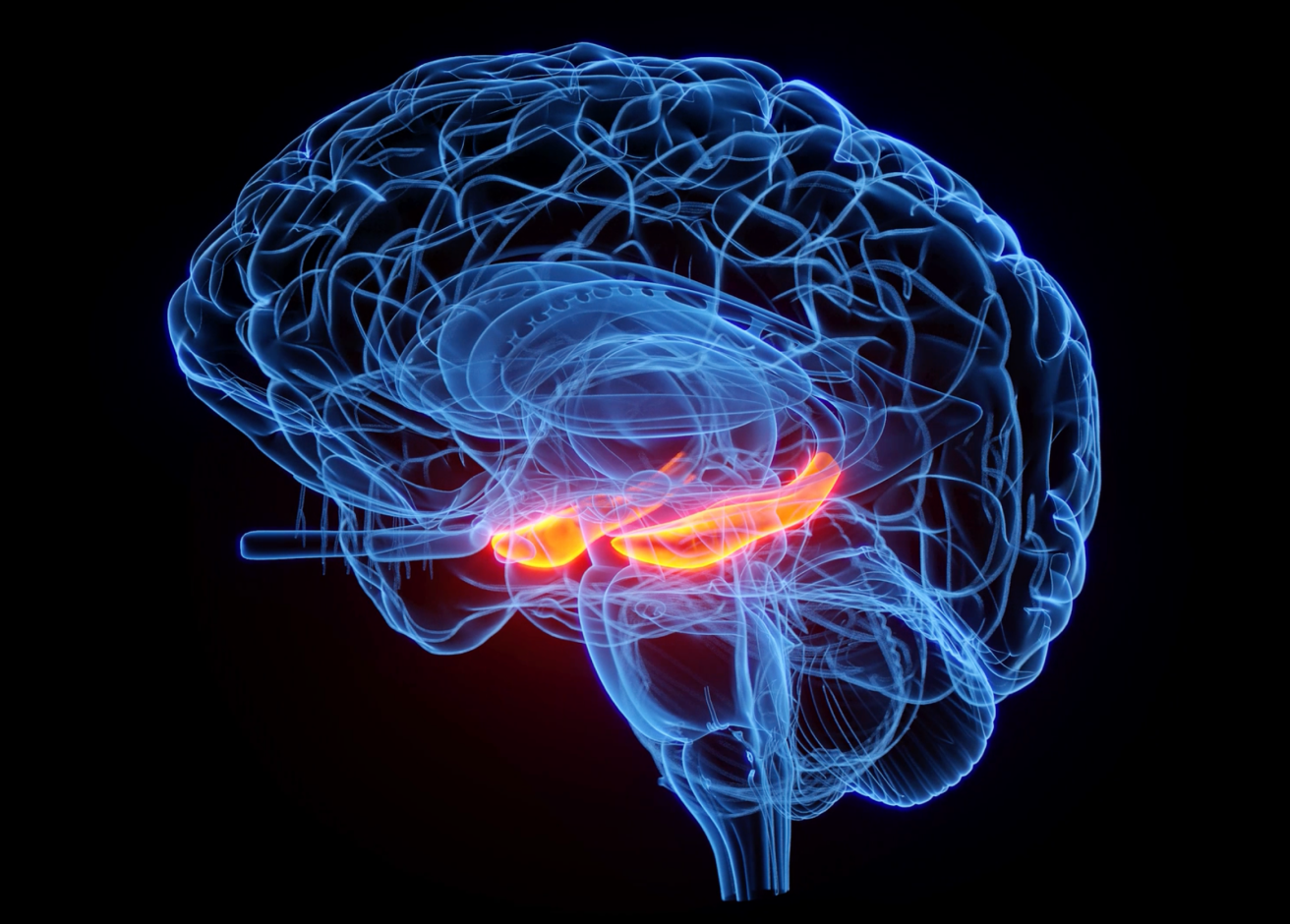
|
|
|
|
3D model of a human brain with hippocampi highlighted in orange.
|
|
Can a vitamin deficiency shrink your brain? A new study links low B12 to hippocampal atrophy—a key marker of memory loss and the most common type of dementia. In a cohort of 567 patients with dementia, those with low B12 had 3.46 times higher odds of having hippocampal atrophy than those with sufficient B12. Folate and vitamin B1 deficiencies showed no such link. B12 deficiency was also tied to elevated
homocysteine, a known risk factor for neurodegeneration. The findings underscore the importance of early screening and treatment of B12 deficiency as a potential strategy to slow brain shrinkage and protect memory.
|
|
|
|
|
|
|
|
The Expert's Take:
|
|
“This paper reports a higher proportion of patients with hippocampal atrophy had deficiency of vitamin B12 than those not showing atrophy. This result is consistent with earlier findings that low B12 status is associated with shrinkage of the brain and with cognitive impairment. The VITACOG trial showed that, in people with cognitive impairment, the rate of hippocampal atrophy can be slowed by B12 treatment, which also slowed memory decline. The dose of B12 needed was above the usual recommended dose and is the same as found in
Matter.”
|
A. David Smith, MA, DPhil, FMedSci
Professor Emeritus of Pharmacology at the University of Oxford, Founding Director of OPTIMA, and Elysium Scientific Advisory Board member
|
|
|
|
|
|
|
|
|
|
|
|
|
|
|
|
|
THIS MONTH
|
|
What We're Reading
|
|
These are third-party articles about science that we find interesting but have no relationship to Elysium or any of our products. Elysium’s products are not intended to screen, diagnose, treat, cure, or prevent any disease.
|
B vitamins shift brain chemistry and slow atrophy
A follow-up to Oxford University’s landmark VITACOG study shows that high-dose B6, B12, and folic acid don’t just lower homocysteine—they rewire key brain-related metabolic pathways. Using multi-platform metabolomics, researchers found changes in energy metabolism, neurotransmitter cycling, and the kynurenine pathway, all important for brain energy and neurotransmission. Participants receiving B vitamins had a 29.6% slower rate of brain atrophy over two years, with lower levels of glutamate, quinolinic acid, glucose, and others—metabolic patterns linked to healthier brain aging. (Alzheimer’s & Dementia)
|
Psilocybin shows signs of slowing cellular aging
A new
npj Aging study reports that psilocybin, best known for its psychedelic properties and promise in treating mental health conditions, may also slow aspects of biological aging. In human cell culture culture models, its active metabolite psilocin extended cellular lifespan by up to 57%, preserved telomere length, reduced markers of senescence and oxidative stress, and boosted SIRT1—a protein associated with longevity. In aged mice, monthly psilocybin treatment improved survival (80% vs. 50% in controls) and appeared to enhance fur quality late in life. The findings suggest psilocybin could act on multiple hallmarks of aging, raising the possibility of its use as a longevity intervention. According to the authors,
“Psilocybin may represent a ‘disruptive’ pharmacotherapy as a novel geroprotective agent to promote healthy aging and/or as a potential therapeutic intervention for age-related diseases.” (npj Aging)
|
Calorie intake, not reduced activity, drives obesity in wealthier countries
A large-scale analysis of 4,213 adults from 34 populations across six continents challenges the idea that reduced physical activity is driving rising obesity rates with economic development. The study found that total daily energy expenditure is actually higher in economically developed populations, even after adjusting for body size, while obesity rates still climb. The strongest predictor of excess body fat was increased caloric intake—in part from ultraprocessed foods—suggesting that diet, not declining energy expenditure, is the primary driver of obesity linked to economic development. The authors emphasize that both diet and exercise should be prioritized in public health, while identifying the factors that make foods in developed countries contribute to obesity. (PNAS)
|
Eggs get a clean(er) bill of health
Dietary recommendations to avoid cholesterol found in eggs may be changing. A randomized, controlled, crossover trial in the
American Journal of Clinical Nutrition found that eating two eggs a day as part of a low-saturated fat diet lowered LDL cholesterol compared with a high-saturated fat control diet. Across all diets, saturated fat—not dietary cholesterol—was linked to higher LDL levels. Dietary cholesterol from eggs had no significant link to LDL. While LDL concentrations improved, the study authors point out that the egg diet also shifted particle size toward more atherogenic small LDL, so the heart-health impact may be mixed. (The American Journal of Clinical Nutrition)
|
|
|
|
|
|

|
|
|
|
|
|
|
|
TERM OF THE MONTH
|
|
Hippocampus
|
|
/ˌhɪp.əˈkæm.pəs/
|
|
The hippocampus is a small, seahorse-shaped region deep in the brain that plays a key role in memory, learning, and spatial navigation. It's one of the first areas to show damage in Alzheimer’s disease, and shrinkage (atrophy) in this region is strongly linked to memory loss and cognitive decline.
|
|
|
|
|
|
|
|
|

|
|
|
|
|
|
AGING 101
|
|
A supplement combination that can help preserve cognitive function
|
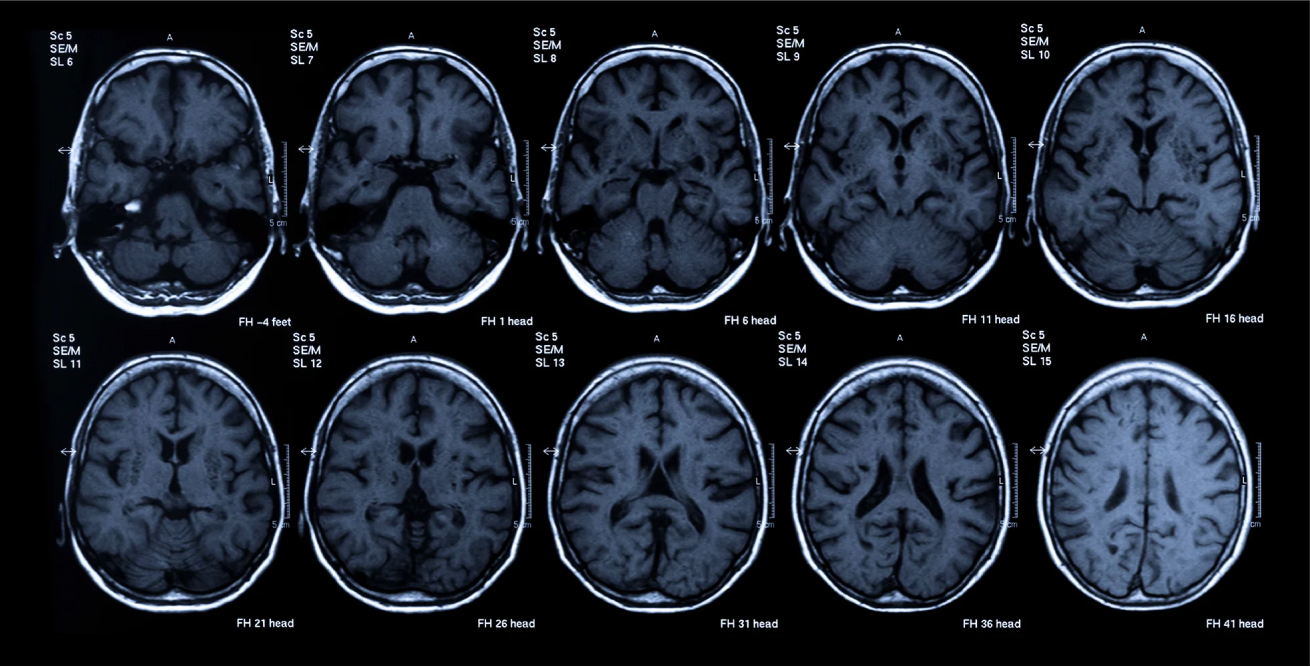
|
|
|
|
An essential key to long-term brain health may lie in a simple but powerful combination of nutrients: a vitamin-B complex in combination with omega 3s. While these may already exist in your medicine cabinet, you’ll need a particular formation of them. Read on to find out how a unique formulation was developed based on a foundation of 30 years of research at the University of Oxford. (Read more)
|
|
|
|
|
|
|


